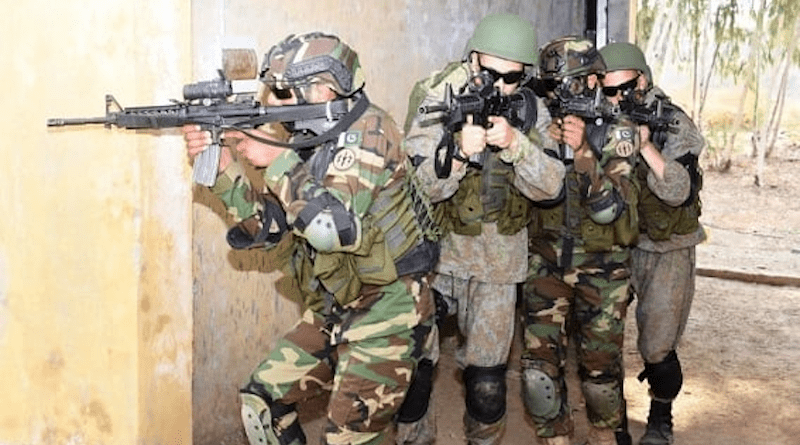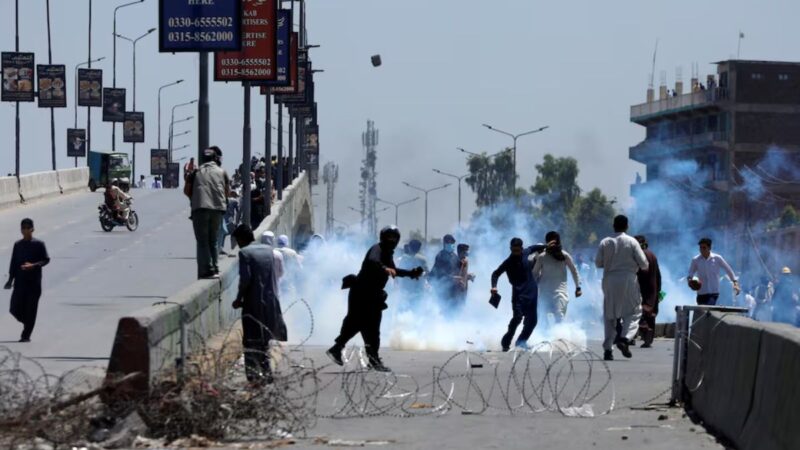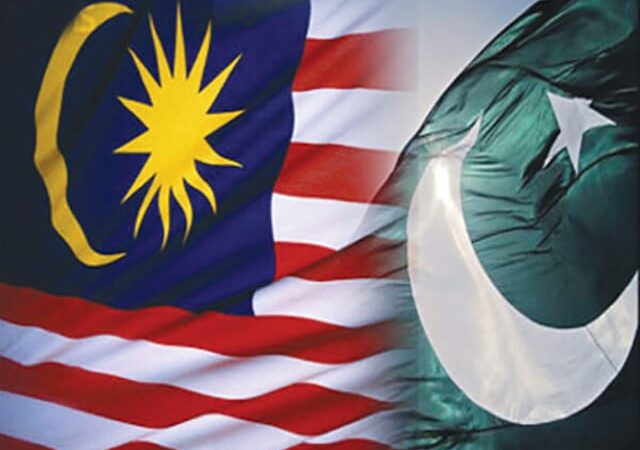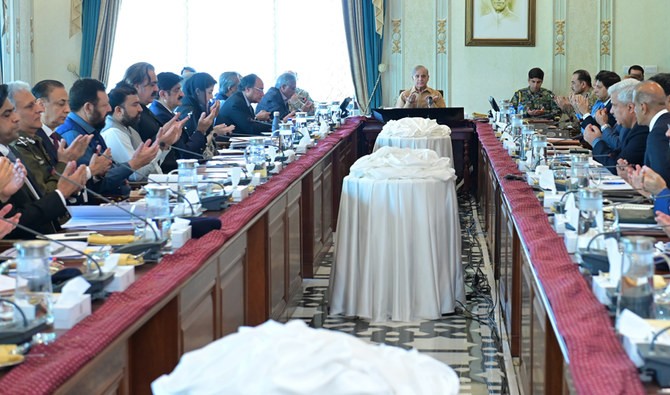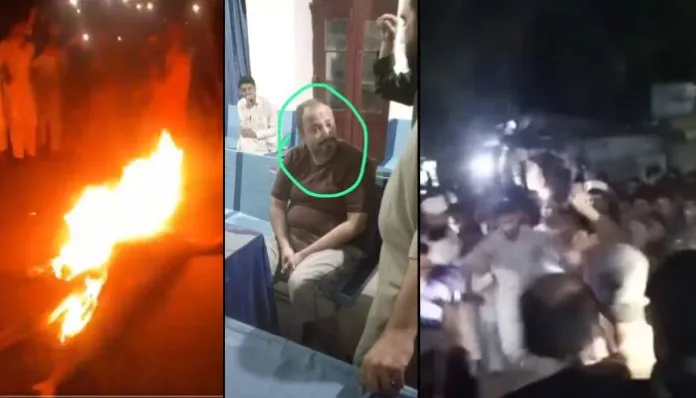Analysing the Chitral Attacks by the TTP
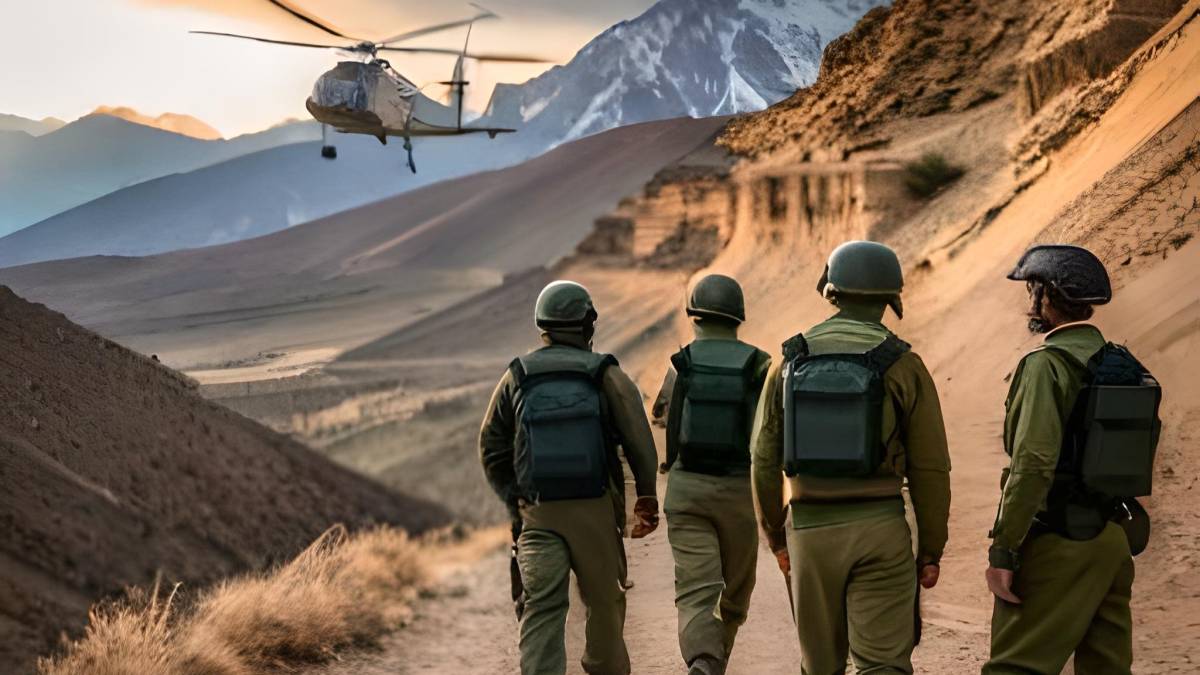
Chitral district in Khyber Pakhtunkhwa (KPK) has been in the headlines recently due to the 6 September 2023 deadly cross-border incursion in which a large band of Tehreek-e-Taliban Pakistan (TTP) militants crossed over and attacked Pakistani Army positions before being pushed back into Afghanistan. Though the army has not given any numbers, the TTP raiders were reported to be in ‘hundreds’! A few days later a bomb explosion killed at least one soldier and wounded several people, including civilians in an attack that targeted a Frontier Corps convoy in Peshawar, the capital of KPK province. The TTP claimed responsibility for the attack, saying it ambushed the convoy with an improvised explosive device. While the 6 September attack was brought under control after five days, the capacity of the Pakistan Army to keep the region under check is going to be tested from time to time by the TTP.
The location of the TTP’s latest attack in Pakistan is significant. Chitral, located in the remote north of Pakistan, has been a relatively stable area that has not witnessed major militant activity, except for the 2011 attack. The latest TTP’s attacks there suggest the militants could be trying to open a new front in their war against Islamabad. Pakistan claimed it had warned the Taliban government that TTP militants were massing near the border in northeastern Afghanistan, but the Afghan Taliban did not prevent the TTP from carrying out the attacks. The Afghan Taliban government’s continued failure to destroy TTP safe havens will enable the TTP to conduct future attacks in Pakistan also. The assessment is that the difficult mountainous terrain and lack of Pakistani military manpower and infrastructure in Chitral will hinder Pakistan’s ability to secure the border with Afghanistan.
Critical Threats notes that the TTP used its freedom of movement in Afghanistan to move forces from havens in the Kunar Province and massed them in Barg-e Matal, Nuristan Province, before attacking Chitral. The leader of TTP commanded the operation from Barg-e Matal. The TTP claimed responsibility for the attack on the Ostai security check-post and Janjeerat Koh check-post in Chitral district. Jalil Abbas Jilani, the Interim Foreign Minister insisted that 6 September attack was an “isolated incident” and the Afghan Taliban rulers did not sanction the attack, while the Foreign Office has repeated the mantra that Pakistan’s concerns have been communicated to the relevant quarters in Kabul. Jilani said Pakistan had registered a strong protest with Afghanistan by handing over a demarche to the Afghan Charge d’ Affaires, following the attack on two military posts in the country’s northwestern Chitral district that borders Afghanistan. “Pakistan registered a strong protest over the incident, summoned the Afghan Cd’A in Islamabad yesterday, and handed over a protest note to him,”
Jilani told reporters. “It is the responsibility of the Afghan government that if attacks are occurring in Pakistan from their soil, then it should stop them.” He said Pakistan expected the Afghan government to prevent the use of its territory for such attacks in future. “So, our expectation from the Afghan government is that it suppresses all such elements, whether it is the TTP or others,” Jilani added. Pakistan’s caretaker interior minister, Sarfraz Bugti, noted the Afghan Taliban had pledged in the Doha Agreement that they would not allow the use of their soil against any other country. “We expect that you will honour the Doha Agreement and your land will not be used against any other country,” Bugti said. “This is our expectation and demand from them.”
The seriousness of the situation can be gauged from the fact that twelve militants and four soldiers were killed during a gunbattle in Pakistan’s lower Chitral area, the Pakistani army’s media wing said in a statement issued after the incident. Pakistan Army had to bring in troops of the Special Services Group (SSG) to quell the TTP attack. The Inter Services Public Relations, the media wing of the army, said that a “large group of terrorists equipped with latest weapons” attacked two military posts located close to the Afghanistan border in Chitral district’s general area of Kalash and captured 75 soldiers posted there. Pakistani media was banned from broadcasting these attacks. The group has stepped up attacks in Pakistan’s northwestern and southwestern regions bordering Afghanistan ever since a fragile truce between the state and the banned outfit broke down in November 2022. While there have been reports of small-scale infiltration from Afghanistan, the last major incursion occurred in 2011 when a very large number of terrorists staged attacks, leading to several fatalities among security men.
At the end of the day, the facts on the ground speak for themselves. As Critical Threats rightly concludes, Pakistan was unable to secure Chitral during TTP attacks from 6 to 11 September. TTP militants claimed it captured the Bamboret, Kalash, and Ursoon Valleys in western Chitral on 7 September. Pakistan deployed reinforcements and helicopter gunships to retake Bamboret and Ursoon from September 8 to 9 and forced some TTP militants to retreat to Afghanistan. The fighting continued until 11 September. The local Chitral government shared videos showing residents celebrating the TTP’s retreat on the same day. On 6 September, clashes between security forces of the two countries also led to the closure of a main border crossing at Torkham, with trucks laden with goods lining the roads and travellers stranded on either side of the border for a fourth consecutive day. It has been closed several times in recent years, including a closure in February 2023 that saw thousands of trucks laden with goods stranded for days on either side.
The Dawn newspaper editorially commented after the attack that State functionaries may be giving the impression that all is well in the region, but local people need to be reassured that their lives and properties will be protected by the state. Chitral lies in a strategically sensitive area, bordering Afghanistan and with only the Wakhan Corridor separating it from Tajikistan. China’s Xinjiang region is also in the vicinity. The region is culturally, linguistically, and ethnically distinct from the rest of KPK. While Swat and erstwhile FATA suffered the most during earlier waves of terrorism, Chitral managed to weather the storm. The area where the incursion took place is close to the traditional lands of the Kalash people, and Chitral also has a significant Ismaili population. At the juncture, the Pakistan government’s approach of expecting the Afghan Taliban to ‘do more’ may not be enough, especially when it is well known that some Taliban factions are encouraging TTP attacks within Pakistan. A jirga in Chitral has asked the Pak Army Chief to visit the area and called upon the authorities to fence the border with Afghanistan. Reports indicate that the Afghan Taliban had started relocating TTP fighters from the border area. Pakistan has small outposts in Chitral, the 44 Frontier Force Regiment is deployed there, so are the Chitral Scouts. Major military bases are located far outside the district, signalling Pakistan does not give priority to this area. Some reports indicate that Pakistani security forces used locals to facilitate logistical support for soldiers in Chitral during the offensive, indicating it lacks manpower. Pakistan has invested in expanding border defences since 2017, but this has not prevented an escalating TTP campaign inside Pakistan since 2021. The Chitral attacks are a signal to the Pakistani state that TTP is a force to reckon with and with backing of the Afghan Taliban is ready yet again to challenge the writ of the Pakistani state.





